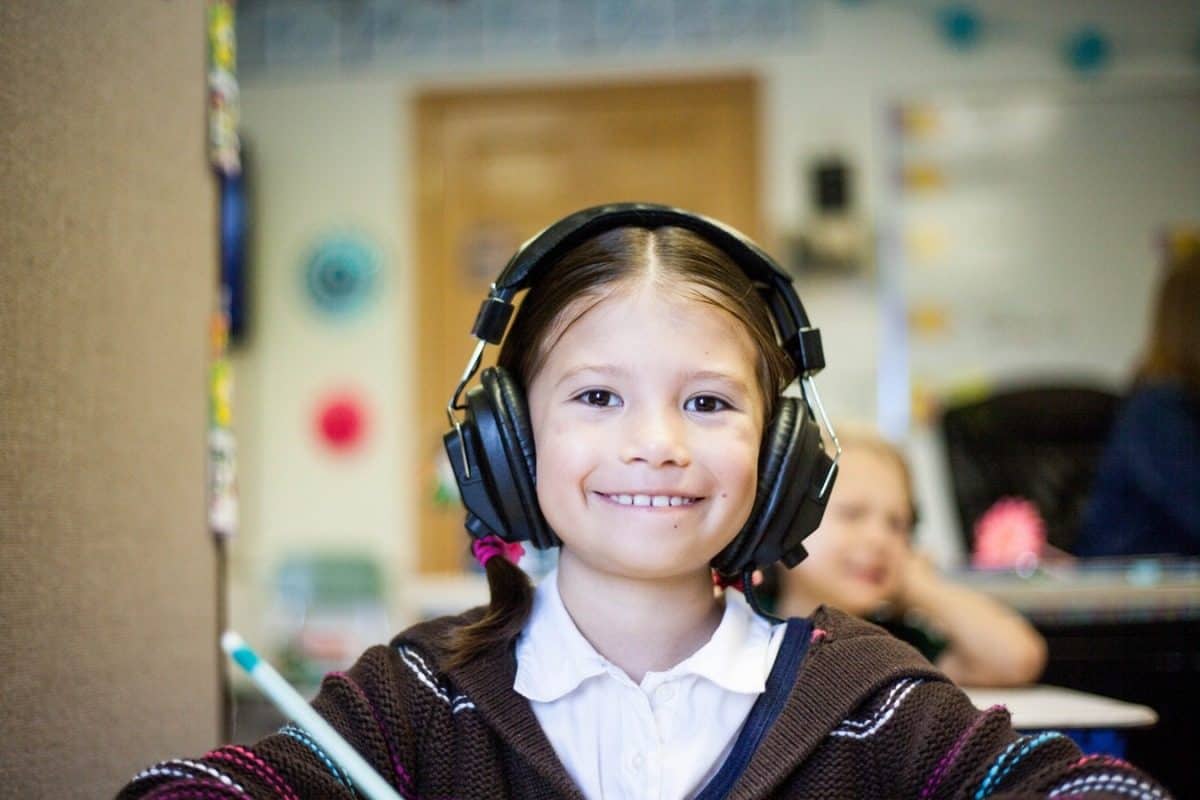Is your child struggling in school? Are they just not making gains, despite the extra help and support they’ve been getting? Or maybe you’re worried because your child is having difficulty with focus or concentration in the classroom? As a parent, it can be extremely difficult to observe your child struggle in school, despite your best efforts to help them succeed. Psychoeducational testing may be the first step toward understanding your child’s difficulties and navigating their path to academic success.
What is Psychoeducational Testing?

Psychoeducational testing identifies the strengths and challenges of an individual in areas such as learning, behavior, attention, and social-emotional development.
The goals of psychoeducational testing are to:
- better understand a child’s intellectual and academic strengths and challenges
- determine the reasons why the child may be experiencing learning difficulties
- consider what academic supports would best help the child learn effectively. With school accommodations or modifications, students can often achieve closer to their true potential.
READ MORE: Tips for Helping Your Child Adjust to a New School.
How do I Know if my Child Needs Psychoeducational Testing?

Psychoeducational testing is often initiated by parents or teachers who have concerns about how a child is performing at school. Sometimes the child is performing below what would be expected for their grade level and parents and teachers want to know what might be preventing them from learning at the same rate as their peers. They may have noticed particular difficulties in reading, math, or writing, or they may be worried about the child’s ability to focus at school or while doing homework.
What are the Benefits of Psychoeducational Testing?
Psychoeducational testing helps identify the child’s current level of functioning and provides a better understanding of their strengths and weaknesses so a plan can be developed in order to help the child succeed. A common reason for academic difficulty is an undiagnosed learning disability. Learning disabilities affect learning in individuals who otherwise demonstrate at least average abilities essential for thinking and reasoning. Learning disabilities result from weaknesses in one or more processes related to thinking and learning, including (but not limited to) language processing, memory, attention, phonological processing, and processing speed.
Check out the Learning Disabilities Association of America (LDA) for more information about learning disabilities and related disorders.
Psychoeducational testing can also aid in detecting other conditions that may affect learning, such as Attention Deficit/Hyperactivity Disorder (ADHD) and other behavioral and socio-emotional concerns, such as anxiety and depression. Students who experience academic difficulties are prone to frustration, low self-esteem and behavioral issues with long-term implications, which is why timely diagnosis and interventions are important.
READ MORE: 5 Things to Know About Middle School Challenges.
What does Psychoeducational Testing Involve?

Psychoeducational testing may take place at the child’s school or it may be conducted by a trained professional working in a private practice setting. It’s a comprehensive process that usually involves several components:
Interviews
An interview is usually conducted with parents in order to gather background information related to the child’s early development, school history, social and emotional functioning, attention, behavior, family, and medical history. The child may also participate in the interview, depending on their age. Usually, a teacher interview is also conducted to obtain more information about the child’s functioning in the classroom.
Review of School Records
A review of school records, including report cards, academic work samples, and any previous assessment reports is conducted. Parents and teachers may be asked to complete questionnaires and behaviour rating scales to obtain a formal measure of the child’s functioning in both the home and school settings.
Direct Testing with the Child
Several hours of direct testing with the child is conducted. This can take place over the course of one day or across several days. During the testing, a range of standardized tests are administered. These tests are designed to examine different aspects of intellectual functioning, language, memory, phonological skills, visual and motor skills, attention, and academic achievement (e.g., reading, writing, and math).
The standardization of measures is important, as it allows for a comparison between the child’s performance to that of other children his or her age/grade. The testing will help reveal strengths and weaknesses across different areas of intellectual functioning and academic performance. Once the testing is completed, the data is scored and analyzed. The child’s intellectual abilities are examined to determine whether there is a pattern of strengths and weaknesses that might point to a learning disability.
Feedback Session
A feedback session is held with the child’s parents to review the results of psychoeducational testing. A school meeting may also be arranged to review the results of the assessment and discuss recommendations with the child’s school team.
Written Report
A written report is provided to the family that summarizes the psychoeducational testing information and recommendations.
Recommendations
The ultimate goal is to use the information gained from psychoeducational testing to make practical recommendations that can help the child address their relative weaknesses, build on their strengths, and improve their academic performance. The recommendations are based on the child’s unique profile of strengths, challenges, and learning style. They can target academic programming (e.g., reading remediation), behavioral programming (e.g., strategies to improve attention/focus), and/or social-emotional functioning (e.g., anxiety management strategies, strategies to foster self-esteem in the school setting).
Other types of recommendations may include school accommodations, such as extended time, shortening or modifying the format of assignments, and breaking large tasks into smaller ones. In addition to educational recommendations, recommendations for further testing or other services may be appropriate (e.g., medical testing, psychological counseling, or therapy).
As a parent, psychoeducational testing may seem like an intimidating process; and while it is certainly intensive, the information obtained about a child’s learning-related strengths and weaknesses is invaluable in terms of helping them to reach their full academic potential.
💖Let us help you be the best version of yourself you can be!💖
Sign up to receive our picks for the best things to do, see, and buy so you can relax and focus on more important tasks!
GET MORE FROM DAILY MOM, PARENTS PORTAL
Newsletter: Daily Mom delivered to you
Facebook: @DailyMomOfficial
Instagram: @DailyMomOfficial | @DailyMomTravel | @BestProductsClub
YouTube: @DailyMomVideos
Pinterest: @DailyMomOfficial
📌 LOVE IT? PIN IT!📌

Photo Credit: Unsplash
Sources: Learning Disabilities Association of America
